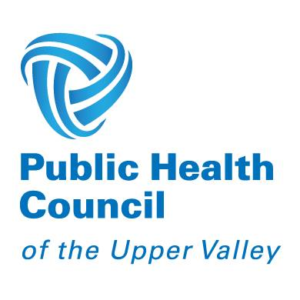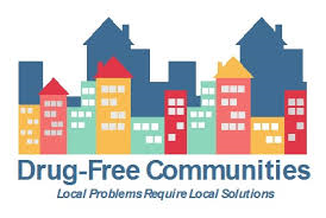Our Team
Hanna Brooks
Community Health Partnership
Coordinator
Lauren Chambers
Substance Misuse Continuum of Care Facilitator
Andrea Smith
Substance Misuse Prevention
Coordinator
Officers
| Name | Organization | Role |
| Bob Sherman | Greater Eastern Radio | Chair |
| Matt Herbert | Norwich Fire Dept | Vice Chair |
| Lyndsay Porreca | Valley Court Diversion | Secretary |
Coalition Representatives
| Name | Organization | Coalition Sector Representing |
| Youth Sector Member | ||
| Parent Sector Member | ||
| Bob Sherman | Great Eastern Radio | Media Sector Member |
| Lyndsay Porreca | Valley Court Diversion | Youth Serving Organization Sector Member |
| Meagan Henry | Lebanon Recreation Department | Local Government Sector Member |
| Stacey Chiocchio | Hypertherm | Business Sector Member |
| Nicole Coleman | Upper Valley Business Alliance | Civic Organization Sector Member |
| Steve Kelly | Better Life Partners | Substance Use Treatment Sector Member |
| Elizabeth Powers | Richmond Middle School | School Sector Member |
| Matt Herbert | Norwich Fire Department | Healthcare Sector Member |
| Law Enforcement Sector Member | ||
| Religious/Fraternal Sector Member |
The Public Health Council’s mission is to improve the health of Upper Valley residents through shared public health initiatives and services within a network of community stakeholders. ALL Together works closely with the PHC as it’s Substance Misuse Workgroup. Substance use affects all aspects and sectors of society, so in partnership with the PHC, ALL Together works across sectors, bringing together diverse community voices, breaking down the silos that traditionally kept public health efforts separate. This model has led to countless successful collaborative efforts around not only substance misuse prevention, but also emergency preparedness, mental health, older adult health, and more.







